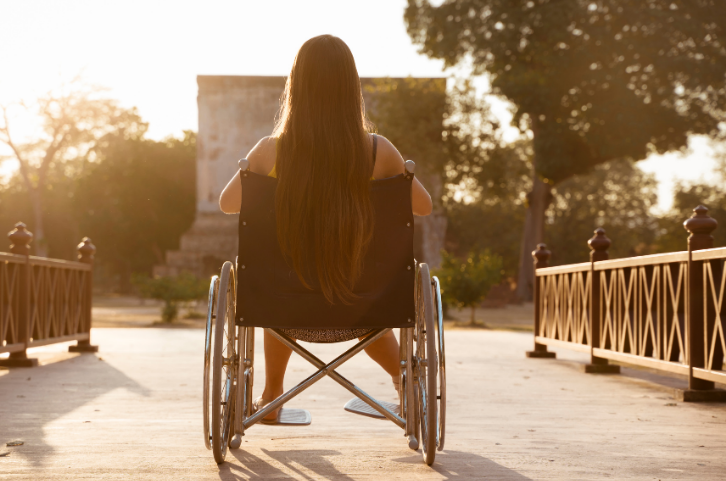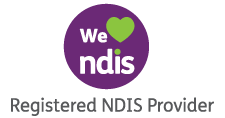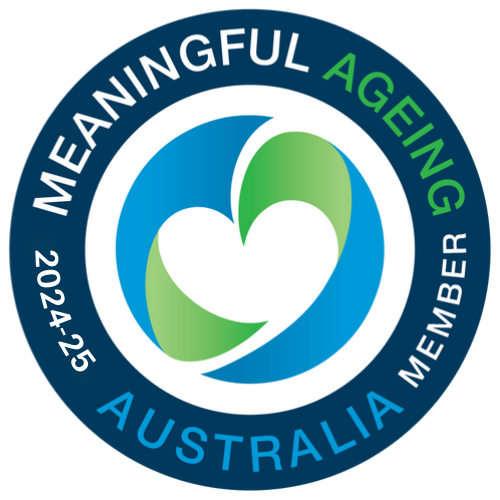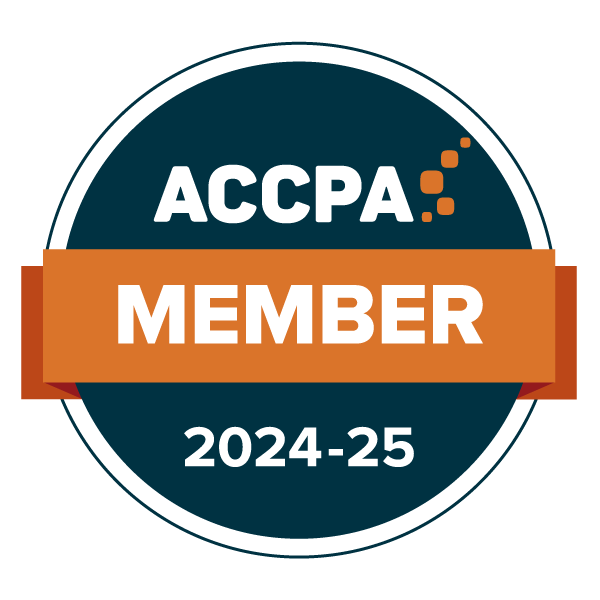Blogs are a wonderful way to stay up-to-date with many topics and businesses you deal with daily. You’ve probably come across blogs about all sorts – cooking, DIY and sports – and, if you’re reading this, aged care!
There are LOTS of insightful disability blogs online today. We wanted to show our appreciation to a few we think are an incredible read for anyone living with a disability. So, here are 8 disability blogs we love!

Women With Disability Australia
Women with Disability Australia focuses on empowering and advocating for women with disabilities. The blog section of their site hosts a broad variety of content written by many different women, sharing first-person accounts on disability and their experiences living with them.
If you fancy yourself as a writer, WWDA offers paid opportunities for those with disabilities to write content for their blog. You can view the requirements here.
Parker Myles
The Parker Myles blog comes from the mind of Kat Abianac, who blogs from her own perspective as a mother raising a child with Down Syndrome. If experience stories are your cup of tea, this is the disability blog for you. Kat documents extracts from her life as a mother to Parker, and shares feel-good content focused on families of individuals living with Down Syndrome.
Disability Thinking
Disability Thinking is a blog that explores the culture, language, reading, writing, politics, policy and activism surrounding disability. It’s a personal blog from the mind of Andrew D. Pulrang, who shares his own accounts and opinions, as well as his frequently published work for Forbes’ Diversity, Equity & Inclusion section.
People With Disability Australia
This blog comes from People With Disability Australia, a national disability rights, advocacy and representative organisation made up of and led by people living with disability. The organisation has spoken on behalf of people with disabilities at the United Nations and works to create a socially just, inclusive and accessible community. On their blog about disability, you can find some great content from their media releases and news relating to their work.
Have Wheelchair, Will Travel
If you haven’t travelled with a wheelchair before, you may not be aware of how much of a challenge it can be. That’s why Julie put together the “Have Wheelchair Will Travel” disability blog, where she shares her family’s experience travelling with son, BJ, who lives with Cerebral Palsy and wheelchair-bound. She also shares tips, equipment recommendations and services that have helped them while travelling in the hope of helping others in the same situation.
Carly Findlay
Carly knows first-hand about disability after years of living with Ichthyosis, a serious skin condition that can also affect internal organs. In her regular disability blog, she talks about what it’s like coping with chronic pain, plus issues such as bullying and low self-esteem. An activist and award-winning writer, Carly’s book, ‘Growing up Disabled in Australia’ features stories from others like her who have learned to live with a disability.
Physical Disability Australia
Physical Disability Australia – or PDA – is an organisation run by people who have a physical disability, which makes them an excellent authority when it comes to writing a disability blog! Here, they feature lots of incredible stories written by people with a disability about the issues they face each day.
Source Kids
Source Kids is Australia’s first website and magazine dedicated to parents, carers and families of disabled and special needs children. The content includes all manner of useful information about looking after a child with a disability, presented clearly and positively. The website’s disability blog features many personal stories set to inspire anyone with a disability.
—
Now that you know our favourite blogs, you not only have something to read with a hot drink in this chilly weather, but can learn from the experiences of those with disabilities and how you as an individual can help aid in reform and accessibility.








